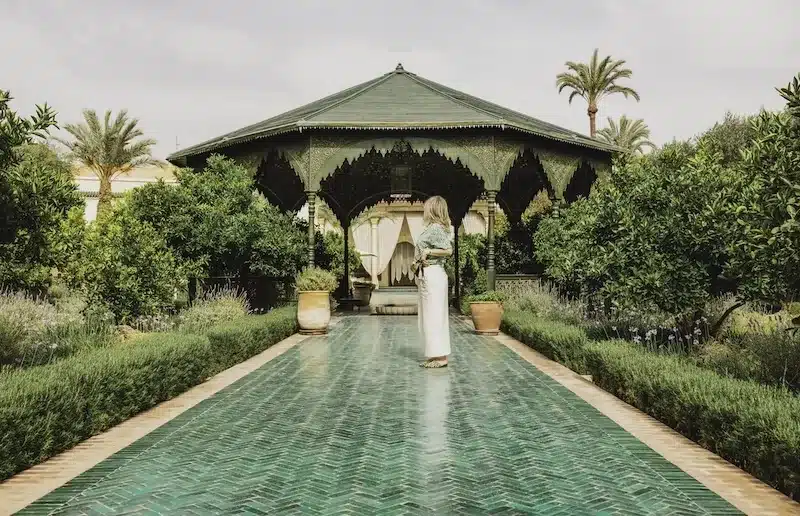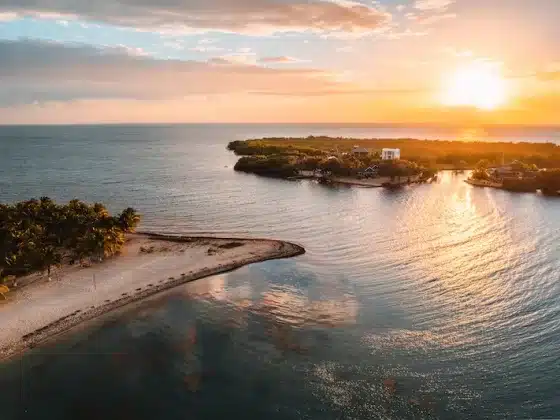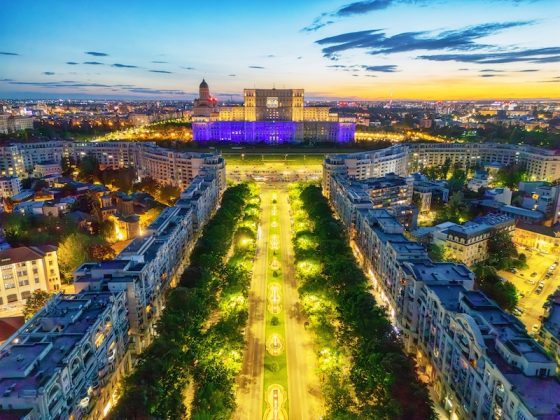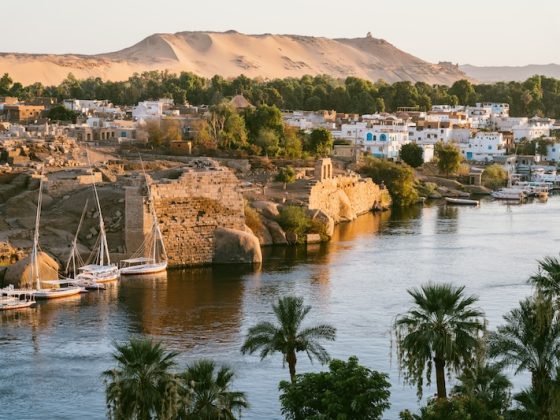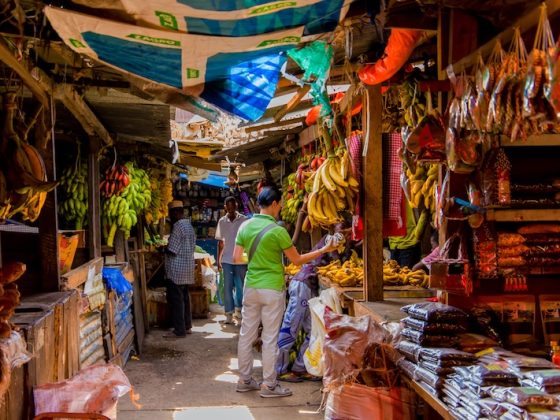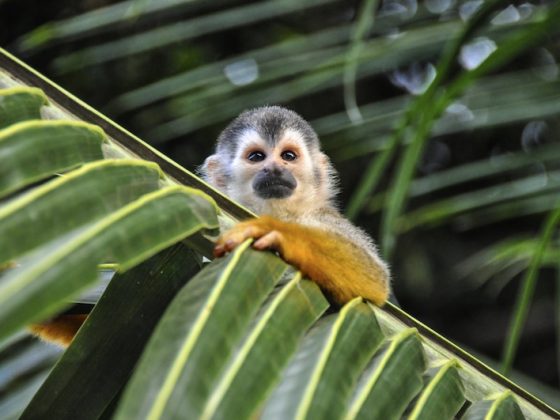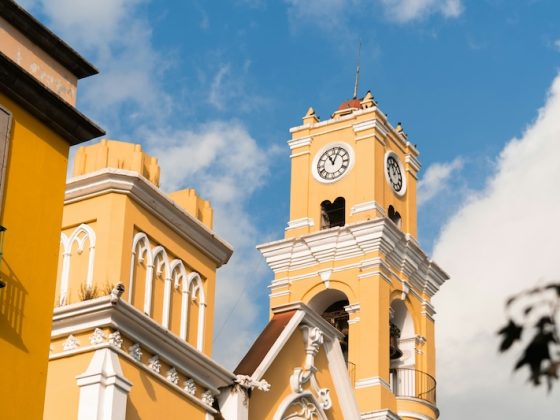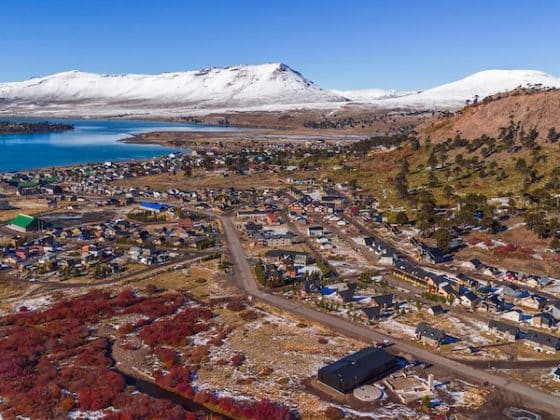Two years ago, I went on a three-month road trip to Morocco—and I still haven’t left. These last two years have been an exciting, and at times intense, learning curve. Although I have no buyer’s remorse, there are things I wish I’d known before moving to Morocco that would have helped me feel more mentally prepared. On the flip side, there are also plenty of positives I wish I could have told myself as a newbie expat that would have helped me relax into this new life a little sooner.
Hindsight is a beautiful thing, right? While I can’t go back in time and give myself advice, I can offer it to you. The more I reflect on the top things to know before moving to Morocco, the longer the list grows. There’s the fact that cash is still king, supermarkets are few and far between, and you always need to look where you’re walking. But if I had to narrow it down to just ten essentials to help you make an informed decision, here’s what I’d say:
The Practical Considerations
#1. You’ll Probably Live Quite Comfortably
Let’s start with a positive. From housing to transport and food, Morocco is very affordable by Western standards. I live beside the beach, eat out regularly, and rent a car for a fraction of what a similar lifestyle would cost me in the UK. Not only does it ease financial pressure and give me a good work-life balance, but it also allows me to save more without saying no to treats like spa days and road trips. Of course, affordability is relative and depends on where you choose to live and your lifestyle, but generally speaking, Morocco allows for a comfortable life—a luxury in this economy.
From housing to transport and food, Morocco is very affordable by Western standards. I live beside the beach, eat out regularly, and rent a car for a fraction of what a similar lifestyle would cost me in the UK
Read more like this: Top attractions to visit in Morocco
#2. Residency and Visas: How Easy Is it to Move Here?
Good news! Moving to Morocco is more straightforward for foreigners than in many popular digital nomad destinations. Many nationalities can apply for a one-year residency card, provided they meet the criteria—chiefly proof of income and savings of around €10,000. After year one, the residency can be extended for three years, and then an additional ten. At that point—congratulations!—you’ll gain permanent residency.
If that’s not immediately possible, you can still take advantage of Morocco’s 90-day tourist visa. Some expats do “visa runs” every three months and return to their home country at least once per year. Annoying, yes—but a small compromise in the grand scheme of things.
#3. Business Opportunities Abound
Tourism is a major pillar of Morocco’s economy, and it’s growing rapidly—bringing with it foreign investment and business opportunities. From property to retail, there are several key ways to get involved.
The market is heating up and prices are rising, so the sooner you jump in, the better. Owning a business or property can also benefit your residency status, and foreign investment is currently encouraged. Just be mindful of local dynamics; there’s a fine line between creating opportunities and unintentionally obstructing them.
Be mindful of local dynamics; there’s a fine line between creating opportunities and unintentionally obstructing them.
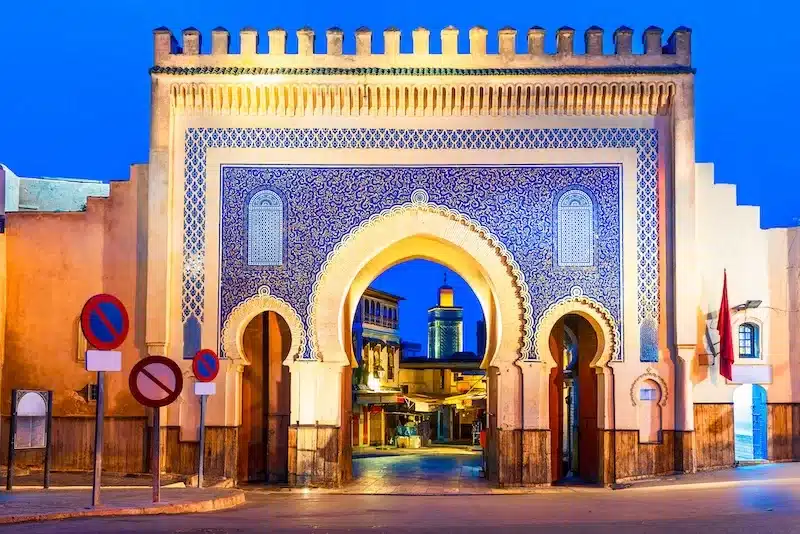
The Cultural Considerations
#4. Women Are Treated Differently
When I first arrived in Morocco, one of the first things I noticed was that women were largely absent from public spaces. I stood out among a sea of men—and their stares could almost burn a hole through my brain. After a few months, I learned how to manage it, and now I hardly notice. The fact is, women’s rights haven’t progressed in Morocco at the same pace as in the West. While things are improving, the country’s religion, culture, and values mean women will likely always be treated differently. That’s something you’ll need to adjust to.
But different doesn’t mean disrespectful. I’ve always been treated with high regard—though it’s worth noting that expat privilege plays a role in that.
Read More like this: Inspiring story of one women’s journey to Morocco
#5. You’ll Find Expat Communities Everywhere
As a non-Muslim who doesn’t speak French or Darija (Moroccan Arabic), there is definitely a social and cultural barrier that makes integration a challenge. That said, younger Moroccans are increasingly choosing to learn English, which is making the country more accessible for foreigners. Whether you settle in cities like Marrakesh or Rabat, or coastal towns like Essaouira and Tamraght, you’ll find a warm, tight-knit expat community. These communities not only provide help navigating cultural differences but also offer a vibrant social scene. So if you’re considering moving solo like I did—don’t worry. You won’t be alone.
#6. Running Water Isn’t a Given
While Morocco’s core infrastructure—roads, healthcare, etc.—is generally well-developed, not everything is up to par. I live on a dusty, unpaved street in a town where water and electricity aren’t always guaranteed. Yet just 100 meters away are modern hipster cafés and co-working spaces. The contrast can be jarring, but if you’re like me, you might find charm in the chaos.
Worth noting: Morocco is rapidly developing ahead of the 2030 World Cup, so many of these rough edges are likely to be smoothed out soon.
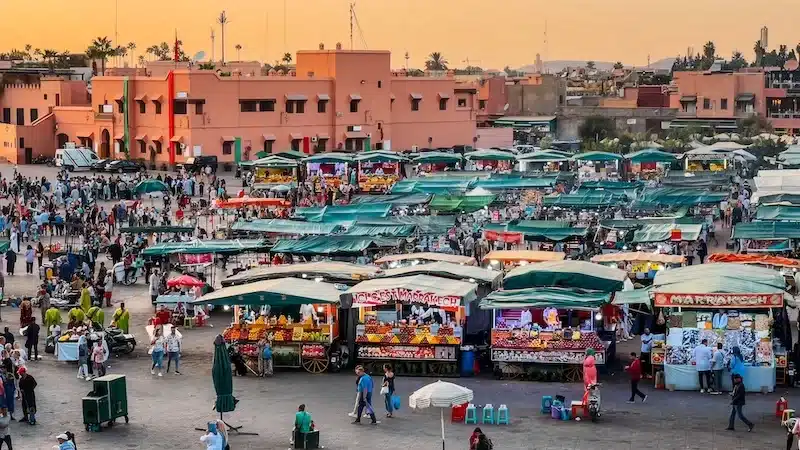
The Country Considerations
#7. It’s Probably Safer Than Your City
When I told friends and family I was considering Morocco, their concerns about my safety were intense. But after three months on the ground before moving, I knew those fears were largely unfounded. Moroccan culture and language may seem unfamiliar, and we tend to fear what we don’t understand.
In reality, I find Morocco to be safer than many Western cities. I’d rather walk alone at night in Marrakesh than in London or New York. Of course, I keep my wits about me—but in two years, I’ve found Moroccans to be friendlier, more helpful, and more respectful than many nationalities I’ve encountered elsewhere.
In two years, I’ve found Moroccans to be friendlier, more helpful, and more respectful than many nationalities I’ve encountered elsewhere.
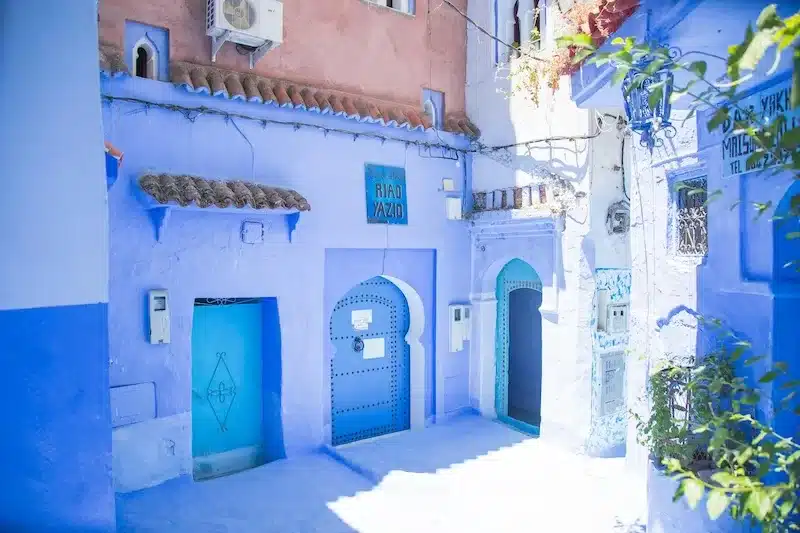
#8. Marrakesh Doesn’t Equal Morocco
What do you picture when you think of Morocco? Chances are, it’s Marrakesh’s bustling medina, rich in spices and sellers calling you into their stalls. But that’s just one small corner of a deeply diverse country.
Don’t settle in Marrakesh by default—explore the rest of the country. Fez and Tangier offer culture; Rabat and Casablanca feel almost cosmopolitan. The coastal towns—Asilah, Essaouira, Tamraght—offer a slow, breezy vibe that might suit you even better.
#9. The Heat Can Be Unbearable
Obvious, but it bears repeating: Morocco gets hot—really hot. From May to September, cities like Marrakesh and Fez often hit 90–100°F (30–40°C), while the Sahara can reach 120°F (50°C). Even locals flee inland cities during summer, heading to the coast where it stays between 70–90°F (20–30°C).
So before moving, ask yourself: Can I handle intense summer heat? If not, coastal living might be a better fit—or, like the locals, consider spending your summers elsewhere.
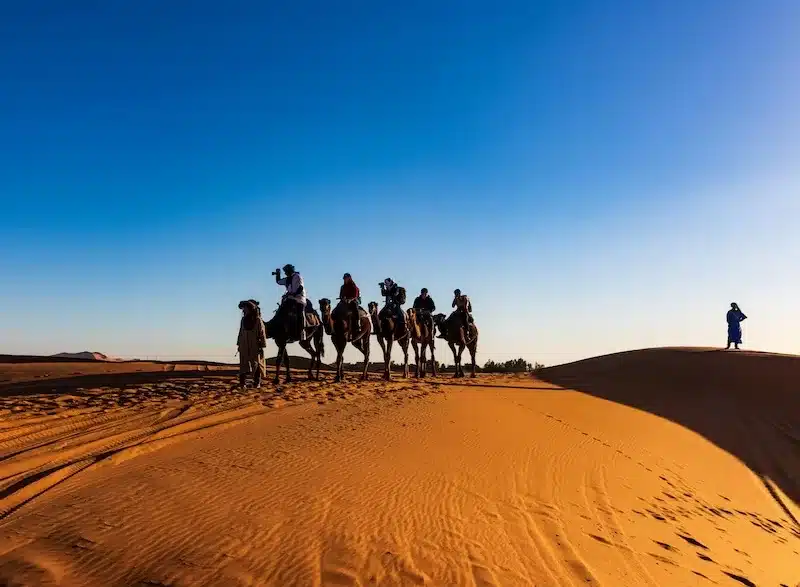
#10. From the Sea to the Sahara: An Adventure Playground
Contrary to popular belief, Morocco isn’t all sand and camels. It may just be one of the most geographically diverse countries on Earth. You’ve got the Atlantic Ocean to the west, the Sahara to the southeast, the Atlas Mountains through the middle, and the Mediterranean up top.
It’s a paradise for adventure-seekers: skiing, surfing, sandboarding, climbing, trekking. And with cheap domestic flights and well-maintained roads, you’ll have no trouble exploring every corner.
FAQ on Moving to Morocco
1. Do Americans need a visa for Morocco?
U.S. citizens do not need a visa for short stays of up to 90 days in Morocco. However, if you’re planning to move, work, or retire in Morocco, you’ll need to apply for a residency permit after arriving. It’s important to start the paperwork early, as the process can take several weeks and requires documents like proof of income, housing, and a clean criminal record.
2. Is Morocco safe for expats?
Yes, Morocco is generally safe for foreigners. Petty theft can happen in crowded markets or tourist areas, but violent crime is rare. Most expats feel secure, especially in cities like Rabat, Agadir, or Tangier. As with anywhere, staying aware of your surroundings and respecting local customs adds to your safety.
3. Which cities are best for expats to live in?
Rabat – modern, calm, and home to many embassies and international schools.
Marrakech – popular with creatives and digital nomads, vibrant but tourist-heavy.
Casablanca – Morocco’s economic capital, ideal for business-minded expats.
Tangier – coastal, laid-back, and increasingly popular with Europeans.
Essaouira – a charming seaside town known for its bohemian vibe and slower pace.
4. What is the cost of living in Morocco?
Generally lower than in Western countries. Housing, food, and local transportation are affordable. Imported goods, international schools, and private health care can be more costly.
About the Author
Emily Draper is an experienced travel and lifestyle writer and editor from the UK who has written for brands including Culture Trip, Hidden Compass, and tourism boards in Greenland, Luxembourg, and Copenhagen. She has travelled to over 70 countries across all seven continents, now calling Morocco her home.
Contact Author
"*" indicates required fields
Stay Ahead on Every Adventure!
Stay updated with the World News on Escape Artist. Get all the travel news, international destinations, expat living, moving abroad, Lifestyle Tips, and digital nomad opportunities. Your next journey starts here—don’t miss a moment! Subscribe Now!
